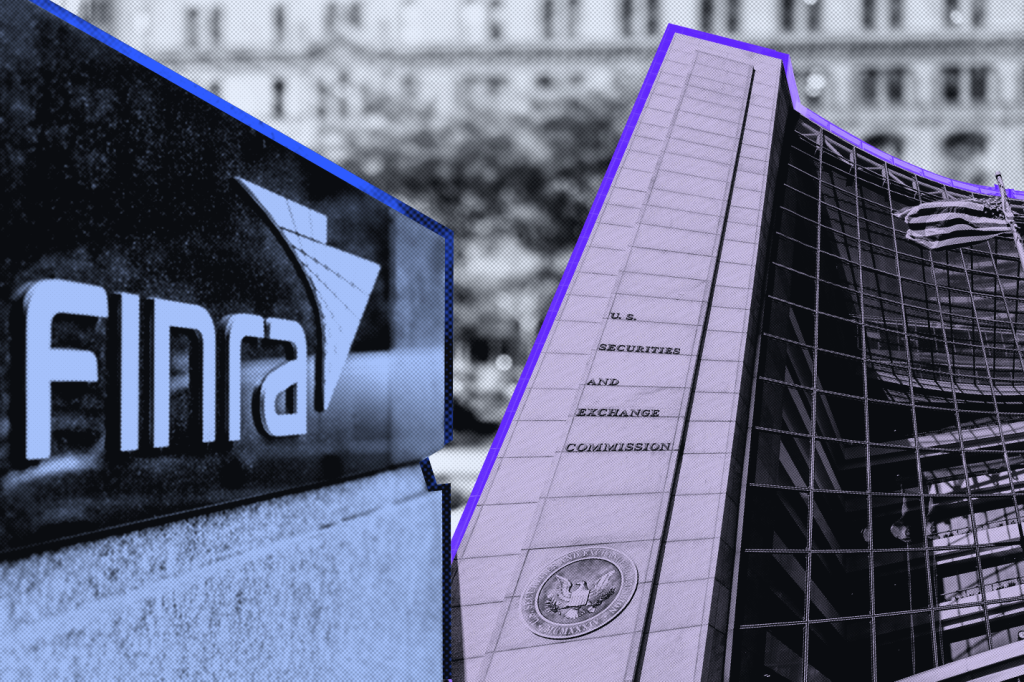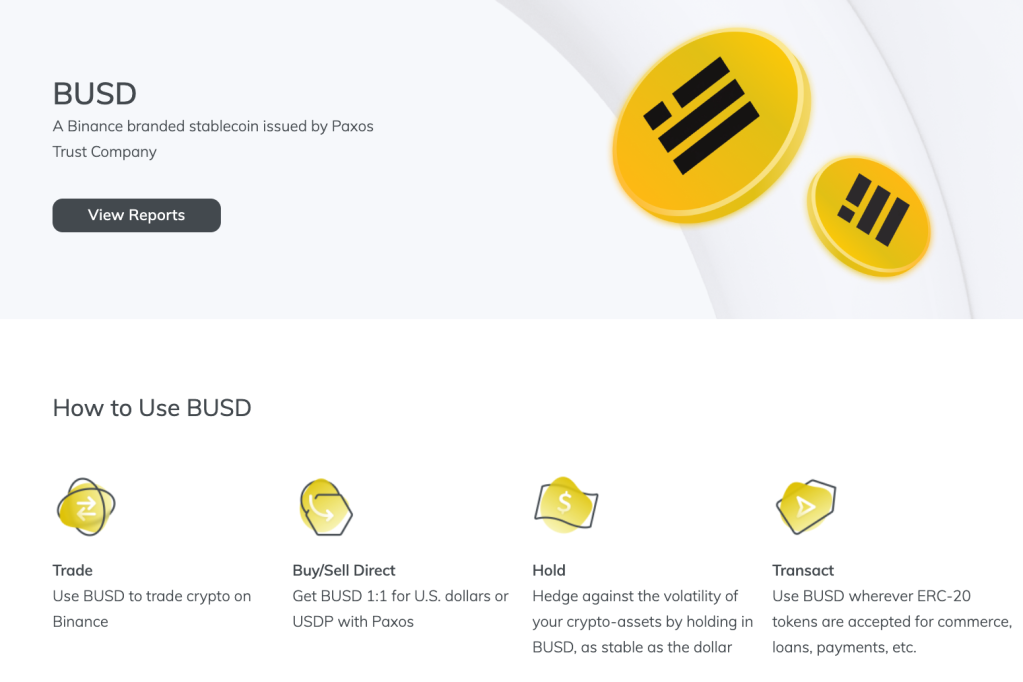Blockchain platform Paxos announced this week it will stop issuing the Binance-branded stablecoin BUSD from February 21st. BUSD is the third-largest stablecoin by market cap.
The New York Department of Financial Services (NYDFS) said it had ordered Paxos to cease minting Paxos-issued BUSD as a result of several unresolved
Register for free to keep reading
To continue reading this article and unlock full access to GRIP, register now. You’ll enjoy free access to all content until our subscription service launches in early 2026.
- Unlimited access to industry insights
- Stay on top of key rules and regulatory changes with our Rules Navigator
- Ad-free experience with no distractions
- Regular podcasts from trusted external experts
- Fresh compliance and regulatory content every day

















